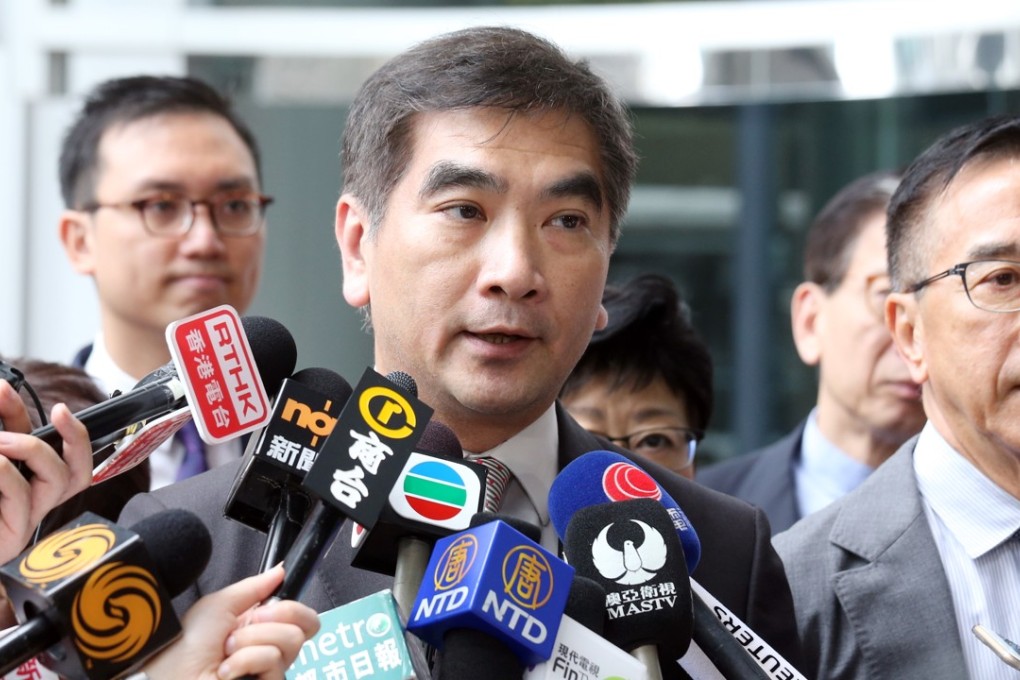Hong Kong Liberal Party leader wants Legco motion on controversial national security law
Pro-establishment lawmaker Felix Chung has submitted application for slot at November 1 council meeting to debate call for public consultation

A senior pro-establishment lawmaker wants the Legislative Council to formally call on the government to consult the public on the enactment of a controversial national security law.
Liberal Party leader Felix Chung Kwok-pan has applied for a slot at the November 1 full council meeting to debate his non-legally binding motion, according to a Legco secretariat document.
Under Article 23 of the city’s mini-constitution, the government is required to enact its own national security law to ban treason, secession, sedition or subversion against the central government.
The administration planned to introduce such a law back in 2003, but backtracked after half a million people took to the streets in protest. The government has not tried to enact it since.
Chung will have to compete with at least 19 other Legco members for the two slots for motion debates at the November meeting. The deadline for applications is Friday. Lots will be drawn to decide on the successful applications.